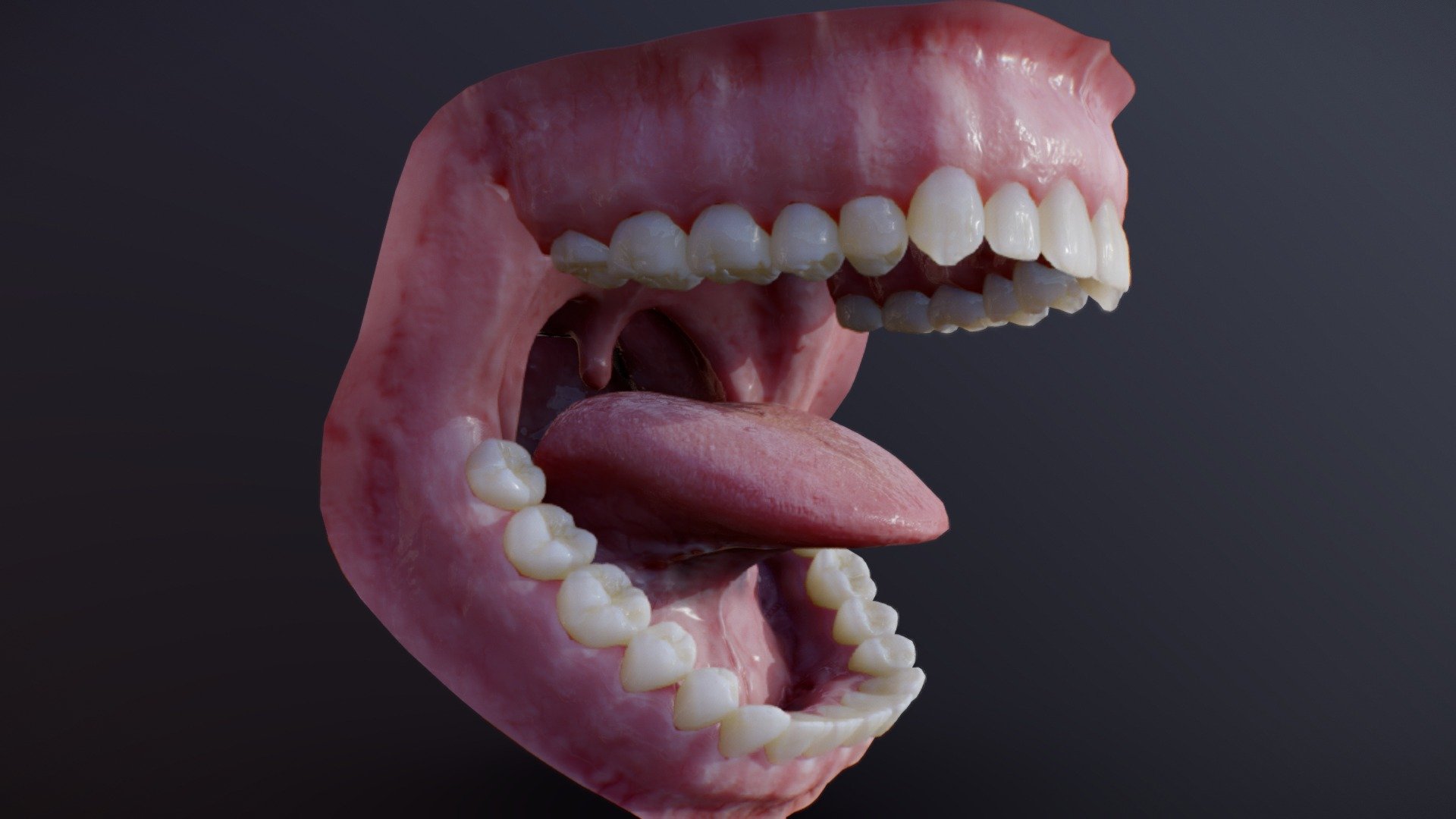As AI capabilities advance in complex medical scenarios that doctors face on a daily basis, the technology remains controversial in medical communities.
To allow ChatGPT or comparable AI models to be deployed in hospitals, Succi said that more benchmark research and regulatory guidance is needed, and diagnostic success rates need to rise to between 80% and 90%.
Sucks if your one of the 10-20% who don’t get proper treatment (maybe die?) because some doctor doesn’t have time to double check. But hey … efficiency!
Ya that’s a fundamental misunderstanding of percentages. For an analogous situation with which we’re all more intuitively familiar, a self driving car that is 99.9% accurate in detecting obstacles crashes into one in one thousand people and/or things. That sucks.
Also, most importantly, LLMs are incapable of collaboration, something very important in any complex human endeavor but difficult to measures, and therefore undervalued by our inane, metrics-driven business culture. Chatgpt won’t develop meaningful, mutually beneficial relationships with its colleagues, who can ask each other for their thoughts when they don’t understand something. It’ll just spout bullshit when it’s wrong, not because it doesn’t know, but because it has no concept of knowing at all.
A few things, that’s an abysmal rate when it comes to people’s health. A doctor with that success rate would be sued into next century. The rate dropped further when it came to differential diagnosis, implying chat gpt was leaving out important rarer possibilities. Often doctors work by starting with the most common and narrow down from there after repeated rounds of testing if it ends up being something uncommon, but one of their primary jobs is also thinking about rarer dangerous stuff that can mimic more common things and must be ruled out immediately.
Most importantly, the information fed into this was optimized with accurate descriptive medical terminology. This is a language that, in general, patients do not speak. People can also describe things very differently, for instance a patient saying something is weak when a doctor may say no that’s numb not weak or visa versa. And dizzy could mean just about anything. Someone typing their own story directly into chat gpt is going to get much worse results than this without someone to interpret the word choices and ask the right questions that people may not even realize are important.
Anyways, the possibilities of AI use in Healthcare is interesting, but disappointing it does worse the less common things get and is bad at a differential diagnosis, the areas that would be really helpful as an aid to diagnosis. Some other areas to think about though could be maybe as a front end to find clinical trials with the us gov database, which can be hard to browse, or maybe streamlining the endless insurance paperwork. I’d be surprised insurance companies don’t use something similar already.
Don’t forget the inherent biases that are introduced with AI training! Women especially have a history of having their symptoms dismissed out of hand - if the LLM training data includes these biases, in combination with the bad diagnosis women could be really screwed.
I mean if the AI takes women seriously then that’s honestly already better than most of the doctors I’ve had
AI could ultimately improve both the efficiency and the accuracy of diagnosis as healthcare in the U.S. gets more expensive and complicated as individuals live longer, and the overall population ages
When you read some bs on internet but thankfully its US only
What was the result in the human’s group?
I think the result is good if you consider that ChatGPT wasn’t made to be a doctor.
Medicine is going to take awhile for anything except small-scope tools to handle one specific thing, due to the massive variation in the presentation of different problems that doctors can face.
What won’t take as long, because there isn’t the same inherent variation in presentation, is law.
Sadly, that percentage is probably better than a good number of doctors.
Details matter here. Here’s a few from the study:
ChatGPT achieved an overall accuracy of 71.7% (95% CI 69.3%-74.1%) across all 36 clinical vignettes. The LLM demonstrated the highest performance in making a final diagnosis with an accuracy of 76.9% (95% CI 67.8%-86.1%) and the lowest performance in generating an initial differential diagnosis with an accuracy of 60.3% (95% CI 54.2%-66.6%). Compared to answering questions about general medical knowledge, ChatGPT demonstrated inferior performance on differential diagnosis (β=–15.8%; P<.001) and clinical management (β=–7.4%; P=.02) question types.
At the time of the study, 36 vignette modules were available on the web, and 34 of the 36 were available on the web as of ChatGPT’s September 2021 training data cutoff date. All 36 modules passed the eligibility criteria of having a primarily textual basis and were included in the ChatGPT model assessment.
All questions requesting the clinician to analyze images were excluded from our study, as ChatGPT is a text-based AI without the ability to interpret visual information.
Those odds are shit. Meanwhile most of us have zero doctor.
About 70 percentage points better than my doctor. Nice!
Yeah, medicine is one of the areas where I really feel like AI could make serious strides. Most people don’t have a doctor they see regularly anyway so any input would be welcome. Anecdotally I’ve known several people who were misdiagnosed or just had doctors not believe them.
Of course I’d want to be able to escalate and have different treatment options but I could probably be ok with AI-assisted medicine.










